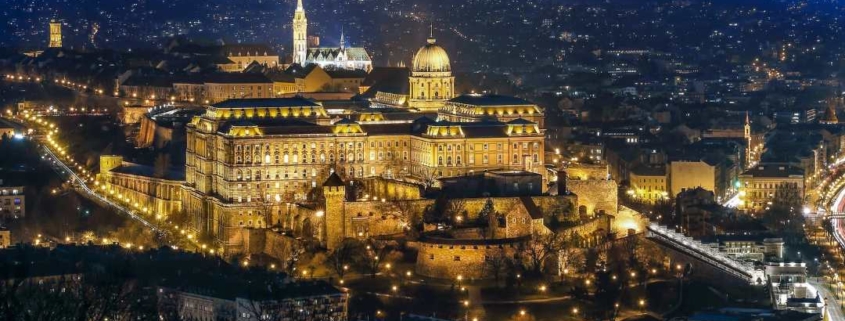7 Fascinating Aspects of Hungarian Culture You Should Know
Hungary is a land of rich history and cultural diversity, but adapting to its unique customs and traditions can be a daunting task.
Hungary is a captivating country with a vibrant culture that has evolved over centuries. From its famous thermal baths to the mouthwatering goulash, there’s no shortage of things that make Hungary a delightful place to live or visit. This article provides valuable insights into the Hungarian culture, empowering you to fully embrace this fascinating country.
Hungarian culture—a brief overview
Nevertheless, if you’re new to the country or have been here for some time, you may encounter some cultural differences that can be challenging to navigate. Fear not, as we’ve compiled a comprehensive guide to help you adapt to Hungarian culture with ease.
Genuine traditional Hungarian culture has survived for a long period in an untouched countryside characterized by rootedness. Peasant dress, food, and entertainment, including folk songs and folk dances—the rituals of weddings and Easter and Christmas holidays—have continued until the mid-20th century.
The Hungarian language is unique among the nations of Europe in that it is not related to any other major European language. This has caused Hungarians to feel isolated throughout much of their history. Russian was mandatory in schools and universities during the socialist period. Throughout history, Hungarians have struggled to find their own voice and identity while under the control of various forces.
Language
Hungarian is the official language of Hungary and is spoken by the majority of the population. It’s a complex language with unique grammar and syntax, which can make it challenging to learn. But don’t be intimidated. Before moving to Hungary, start learning some basic Hungarian phrases that will help you in your daily life, such as ordering food or asking for directions.
Hungarians are very proud of their language; it’s a key part of their identity.
In larger cities like Budapest, you’ll find that many people speak English. However, in smaller towns and rural areas, it’s less common. And don’t forget that Hungarians write their family name first, followed by their given name. There’s also formal and informal language use. For example, the use of ‘te’ is informal, while ‘ön’ is formal.
A bejegyzés megtekintése az Instagramon
Social Etiquette
Hungarians are polite and formal, especially in formal situations such as business settings. They use formal language, but in casual situations, they swap to informal language. It’s common for a senior person to offer a younger or less senior person to feel free to call him/her by their given name.
When greeting someone, it’s customary to shake hands and maintain eye contact during conversations. If you’re invited to someone’s home, it’s polite to bring a small gift, such as flowers or chocolates. Also, it’s considered impolite to arrive late for social events in Hungary, so make sure you arrive on time.
Food and Drink
Hungarian cuisine is hearty and delicious, featuring dishes such as beef stew, stuffed cabbage, and chimney cake. Hungarians also love their wine, with several wine regions throughout the country. When dining with Hungarians, wait for everyone to be served before starting to eat, and always offer a toast before taking the first sip of wine. In Hungary, it’s typical to eat a large lunch and a lighter dinner, so don’t be surprised if dinner is a smaller meal.
Holidays and Celebrations
Hungarians celebrate many holidays and traditions throughout the year. Easter is a significant part of the Hungarian culture, with many customs, such as the sprinkling of water or perfume on women. Christmas is also a major holiday, with the traditional celebration taking place on Christmas Eve. Families often attend midnight mass, followed by a festive meal.
Work Culture
Hungarians take their work seriously and are generally hardworking and efficient. They value punctuality and expect others to be on time for meetings and appointments. In Hungarian workplaces, there is often a strict hierarchy, and it’s essential to show respect to those in positions of authority. It’s also common to address colleagues and superiors by their title, such as “Dr.” or “Professor.”
Conclusion
Adapting to a new culture can be challenging, but by understanding the key cultural differences in Hungary, you’ll be better equipped to navigate daily life. Whether it’s learning some basic Hungarian phrases or familiarizing yourself with Hungarian social customs, taking the time to adapt to Hungarian culture will help you make the most of your time in this beautiful country.










